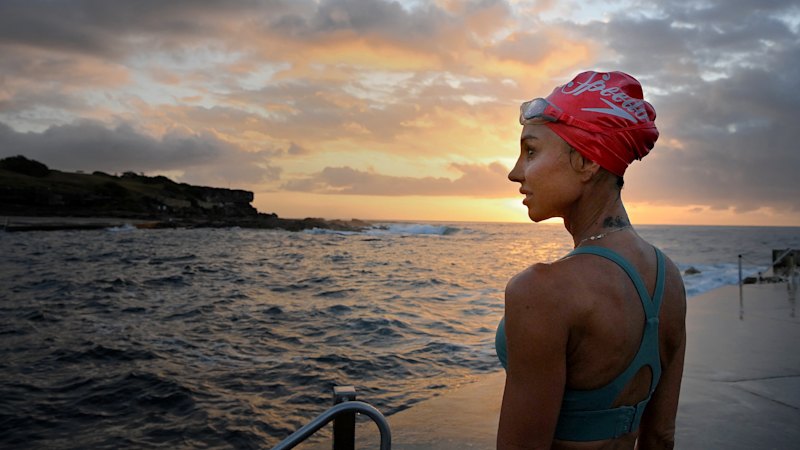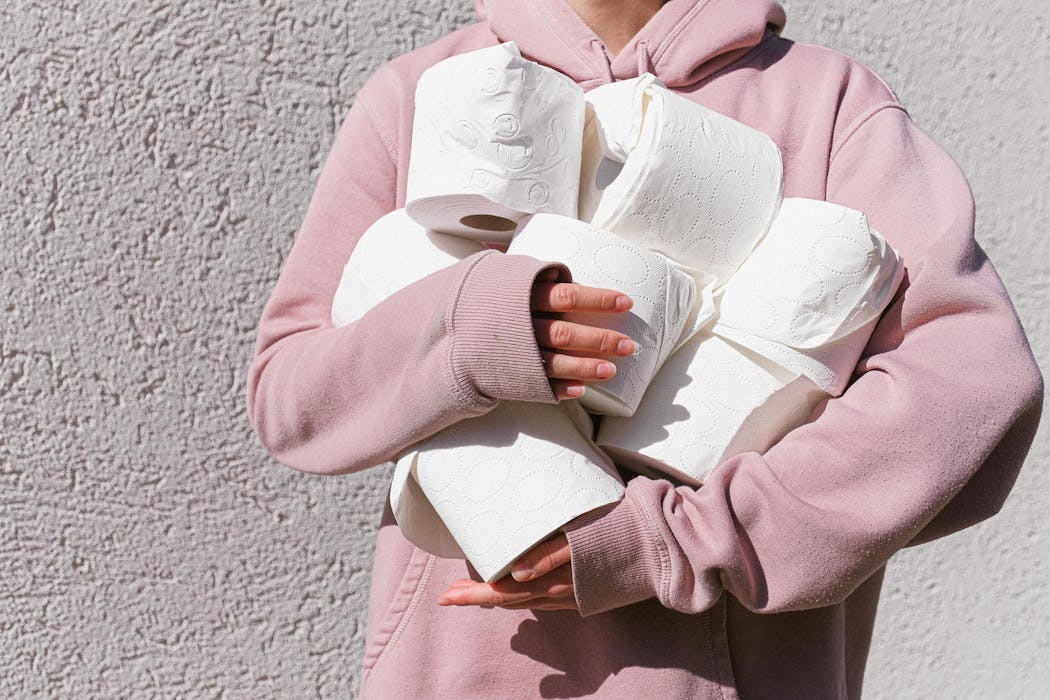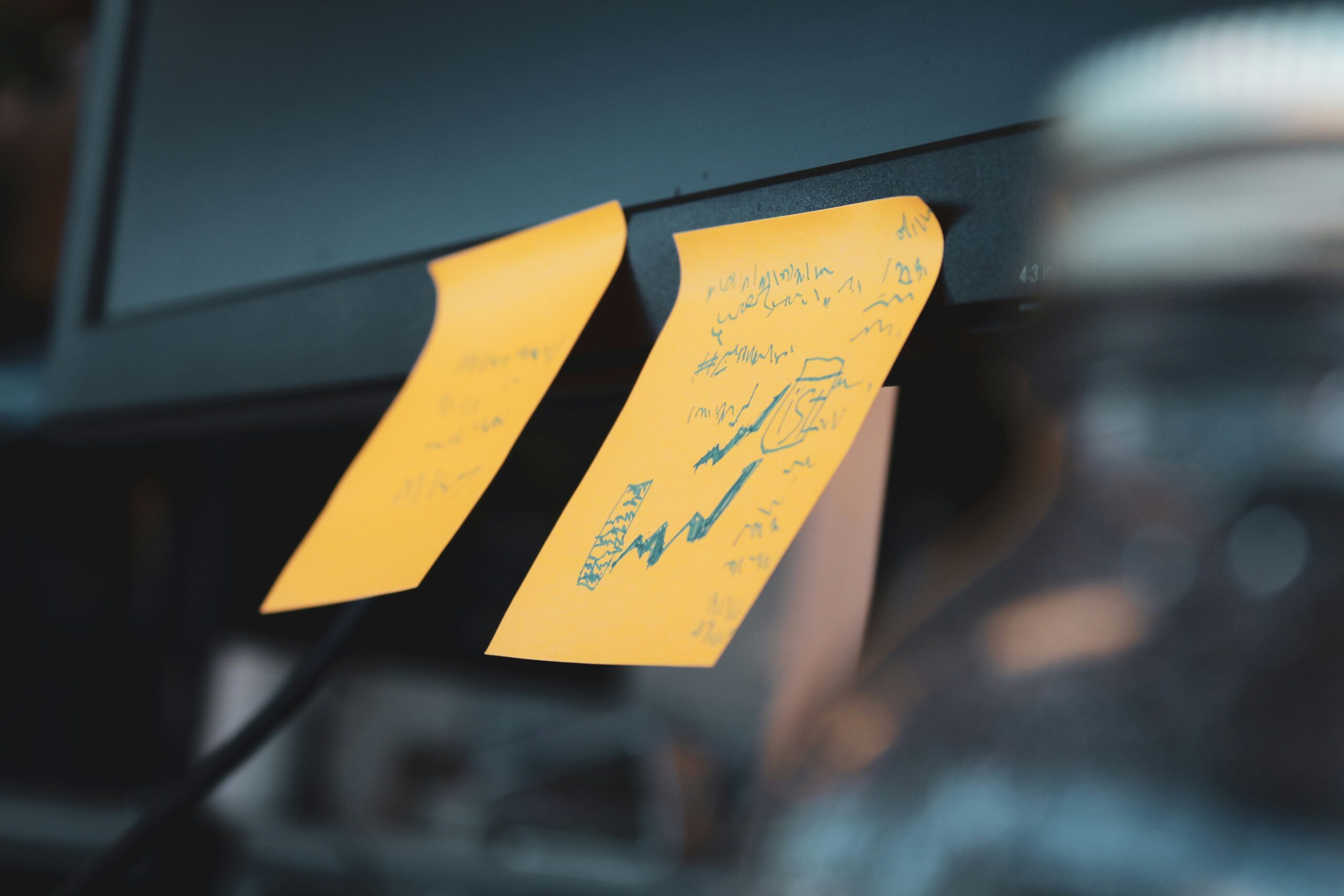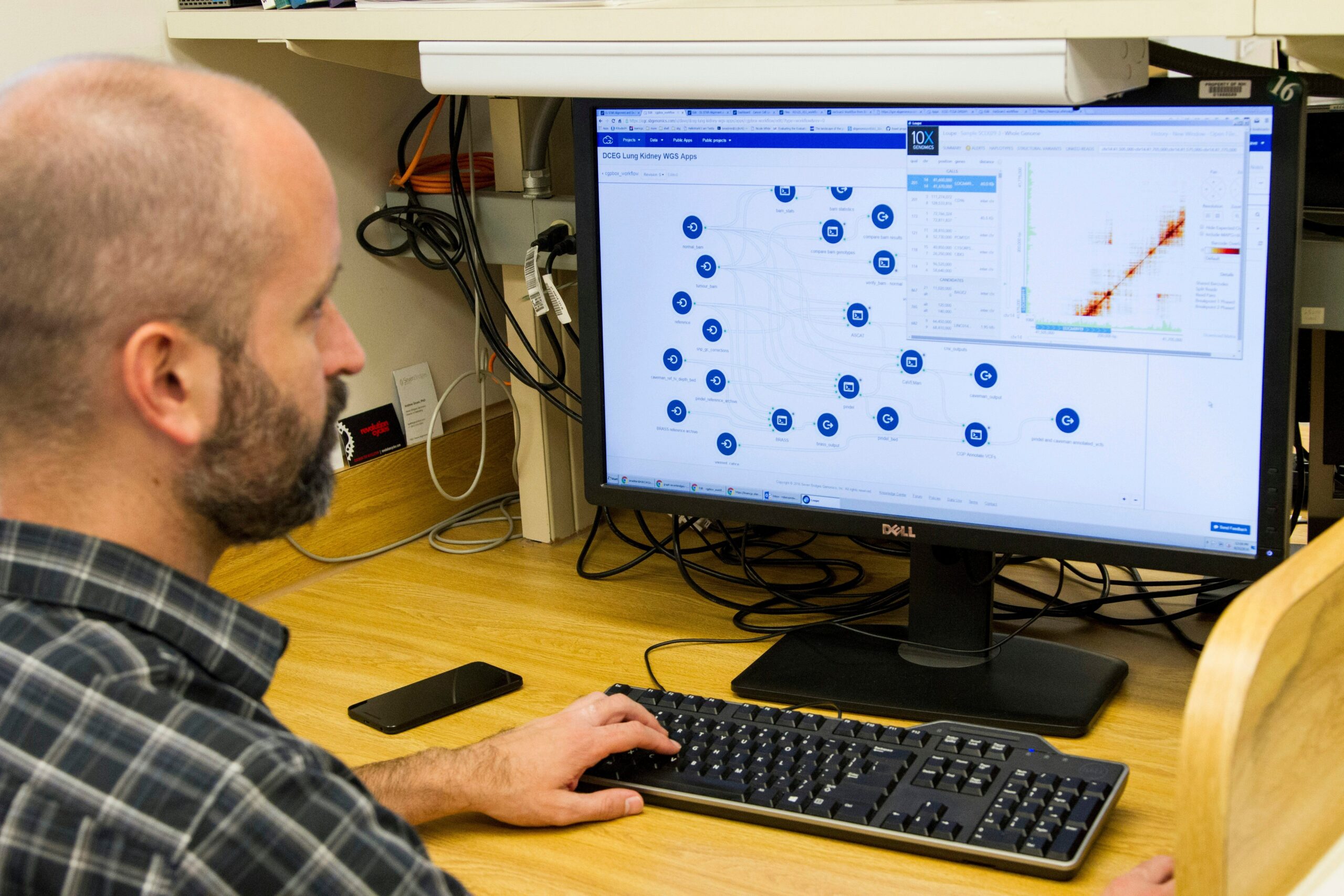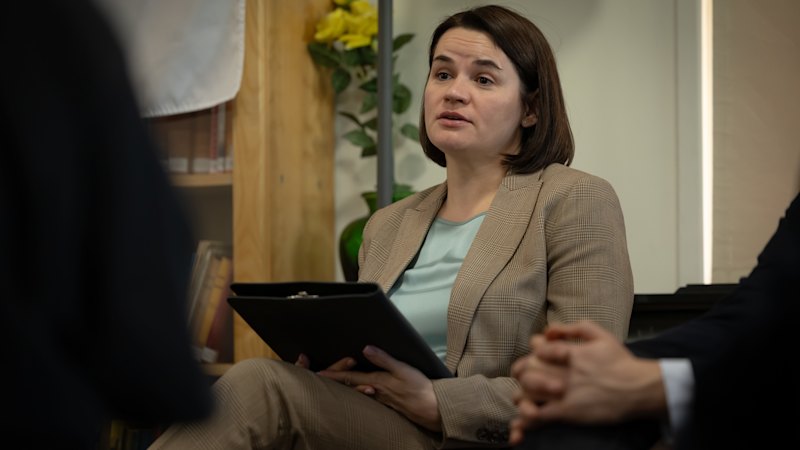
When Svetlana Tikhanovskaya meticulously planned her journey to Australia, she was acutely aware of the dangers that lay in transit. As Belarus’ president-in-exile, the threat of extradition and imprisonment loomed large if she passed through the wrong country. Consequently, routes through the United Arab Emirates, Thailand, and India were swiftly dismissed.
The threats against Tikhanovskaya are not just logistical. As a vocal critic of Vladimir Putin, she is considered a high-priority target by both the Russian president and his Belarusian ally, Alexander Lukashenko, who has maintained a firm grip on power since 1994. In Sydney this week, Tikhanovskaya is accompanied by two bodyguards provided by the Australian government, a necessary precaution underscored by ASIO chief Mike Burgess’s warning of potential assassination risks from at least three foreign governments, including Russia.
Despite these dangers, Tikhanovskaya continues her global advocacy for freedom in Belarus, the country she was forced to flee, now finding refuge in Lithuania. She asserts that she won the most votes in Belarus’ 2020 election, a claim overshadowed by Lukashenko’s alleged electoral manipulation. The European Parliament recognizes Tikhanovskaya as Belarus’ president-elect and acknowledges her cabinet-in-exile as the legitimate representatives of the Belarusian people.
Belarus’ Place on the Global Stage
Belarus, ranked as the 16th most authoritarian country by The Economist’s democracy index, is less free than Russia. Tikhanovskaya’s visit to Australia includes meetings with key political figures, but notably lacks an appointment with Prime Minister Anthony Albanese. Her message to Albanese is clear: Australia, with its significant voice on the international stage, can play a crucial role in bringing Belarus out of the shadows and acknowledging its struggle for democracy.
Highlighting Australia’s $1.5 billion military support for Ukraine, Tikhanovskaya urges Albanese to consider Belarus strategically. She points out that Putin’s 2022 ground assault on Kyiv was launched from Belarus, not Russia. She warns that Ukraine’s security is intertwined with Belarus’ political future, as long as a Putin ally remains in Minsk.
“We are facing the same enemy: the imperialistic ambitions of Russia,” she states. “Next it might be Lithuania, Poland. If we don’t show red lines to dictators, they will go further.”
The Accidental Candidate
Remarkably, Tikhanovskaya describes herself as an “accidental candidate” in the 2020 presidential race. Raised in southern Belarus near the Chernobyl exclusion zone, she spent summers in Ireland to escape radiation exposure. Her path to politics was unexpected; she initially pursued a teaching career and later supported her husband, Sergei Tikhanovsky, a YouTube activist against Lukashenko’s regime.
Sergei’s imprisonment in 2020 led Tikhanovskaya to run for president in his stead, a decision driven by love rather than political ambition. Her campaign gained unexpected momentum, despite her lack of experience. In a surprising turn, Sergei was released in June 2023, a move Tikhanovskaya believes was intended to sow discord between them, but instead strengthened their partnership.
Australia’s Role in Supporting Belarus
During her visit, Tikhanovskaya will meet with Foreign Minister Penny Wong, who acknowledges the dire situation in Belarus and commends Tikhanovskaya’s bravery. The Australian government has imposed sanctions on Lukashenko and his associates, but Tikhanovskaya advocates for more extensive measures, including supporting Lithuania’s bid to charge Lukashenko with crimes against humanity at the International Criminal Court.
She also proposes the formation of a parliamentary group to support democratic Belarus, emphasizing the historical ties between Belarusians and Australians during World War I. Tikhanovskaya calls for a halt to Russian oil imports via intermediaries, highlighting Australia’s significant import of oil refined from Russian crude.
“Australians have to cherish what you have, and help those who are fighting for democracy,” she urges.
Looking Ahead
Despite Lukashenko’s firm hold on power, Tikhanovskaya remains optimistic about witnessing a democratic Belarus in her lifetime. As she departs from her Uber, her driver, having overheard the conversation, expresses gratitude for her efforts. Tikhanovskaya’s parting words resonate with determination: “Dictators are not immortal. They’re not almighty, and we just have to do everything possible to not make their lives easier.”
